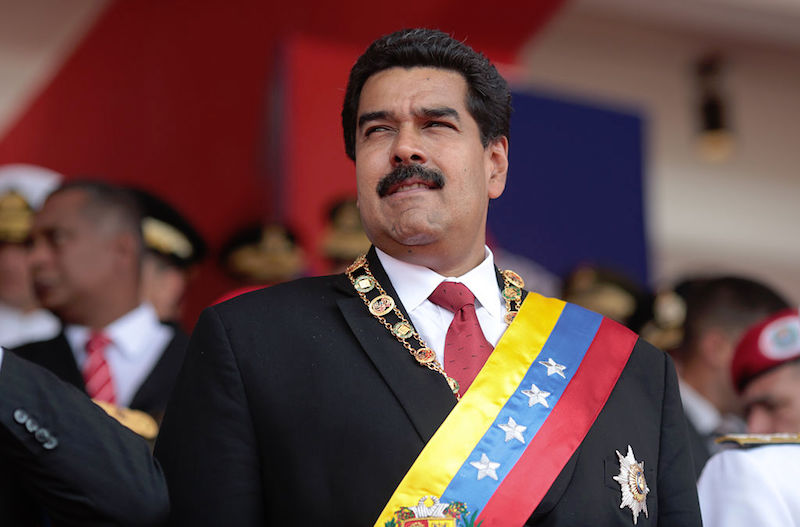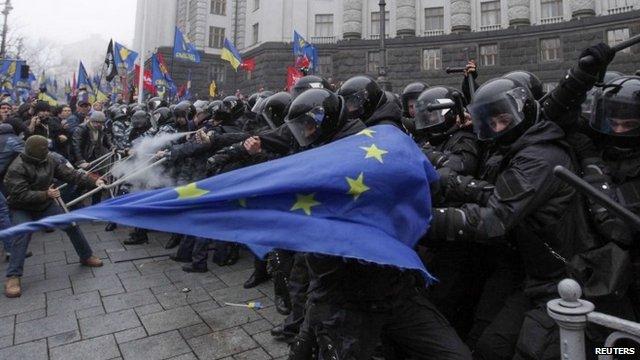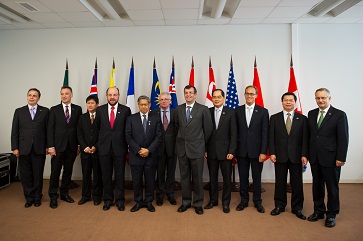Under the rule of Venezuela’s President, Nicholas Maduro, the country has been experiencing falling oil prices and a currency crisis which has resulted in hyperinflation, food and medicine shortages, and high degrees of crime. Venezuela used to be known as the wealthiest country in Latin America with abundant oil reserves making up 96% of the country’s export revenue and half of its federal budget. However, the global price of oil has since dropped significantly. While in 2008, oil exports brought US $48 billion into Venezuela, in 2016, that figure has dropped to US $5.3 billion. This has led to severe problems with economic performance which has affected stability and security in the country.
Printing money to no end and adopting controls on goods in order to keep government initiatives afloat have sent inflation rates soaring and the value of the Venezuelan bolivar plummeting. The IMF predicts Venezuela’s inflation rate, already the world’s highest, will reach 1,660% by the end of this year, and the 100-bolivar bank note, which makes up about 77% of the total currency in Venezuela, is worth only US $0.03.
Food supplies are managed by the government through price controls which dictate what people can buy and when. The average Venezuelan can only buy goods on a specific day, often after waiting for hours in queues. Supermarket shelves are always empty and basic goods are hard to come by. Maduro’s personal recommendation to citizens suffering from the country-wide food shortage is for them to farm and raise their own food. People have thus resorted to buying basic goods on the black market where prices are sky-high because of the current shortage crisis; for example, a dozen eggs can cost up to US $150. Basic medical supplies have also become a scarcity, making it difficult to receive essential medical care. Human Rights Watch has condemned the Maduro government’s response to these crises as “woefully inadequate”, and has pointed out that limited effort has been made to secure humanitarian assistance from the international community.
The economic crisis has also led to widespread dissent and encouraged organized crime to flourish. Heavy gang activity, armed political factions for and against Maduro’s government, drug cartels, and paramilitary groups operating in the face of weak law enforcement have heightened levels of crime. Even national security forces have been reported committing violence and murder against their own people. With such increasing instability and insecurity, the capital, Caracas, is now considered the most dangerous city in the world with the highest murder rate.
The government blames external actors for the country’s existing problems. They have claimed that a US-led economic war aimed at destabilizing the Venezuelan economy is responsible for the crisis, and that Colombian mafias hoarding Venezuelan currency are behind the increasing inflation rate. However, the government has reportedly stopped publishing official economic figures in order to skew the severity of the problem, and has fired the head of Venezuela’s central bank after inflation rates were leaked. Transparency International, a corruption watchdog organization, now ranks Venezuela as one of the world’s most corrupt nations. Consequently, the situation has led opposing political parties to attempt to enact a referendum to remove the president. However, Maduro has stalled any action towards it and declared a state of emergency.
Until the government can get the economy back on track and address rising crime rates, the future for the vast majority of Venezuelans will be tough. Help from international organizations or foreign aid could alleviate some of the suffering in the short term, but the government in power has not done enough to secure it. Instead, its people are forced to deal with these problems on their own and this will likely continue in the foreseeable future, or at least until Venezuela’s next election in 2018.
Photo: President Nicholas Maduro of the Bolivarian Republic of Venezuela (2015) by Hugoshi via Wikimedia Commons. Licensed under CC BY-SA 4.0.
Disclaimer: Any views or opinions expressed in articles are solely those of the authors and do not necessarily represent the views of the NATO Association of Canada.




